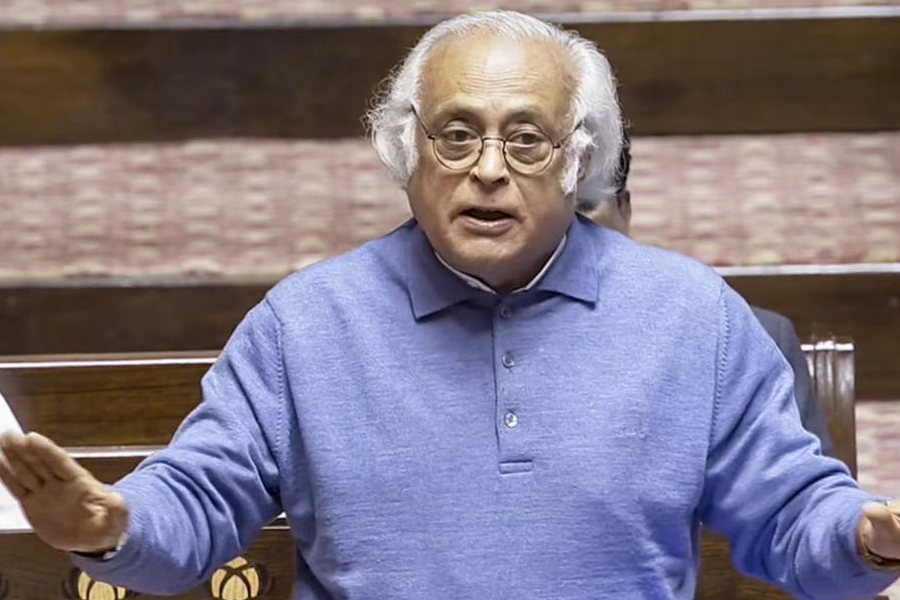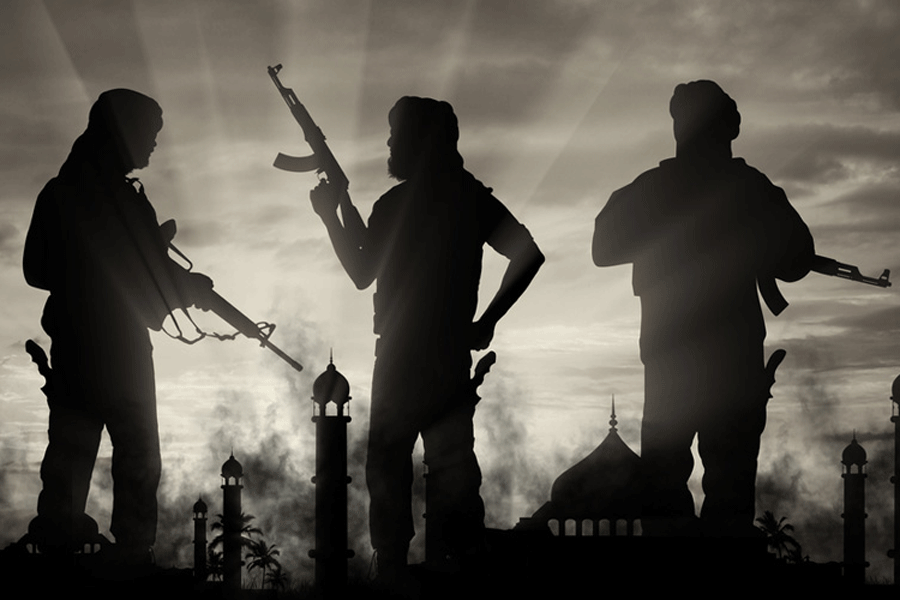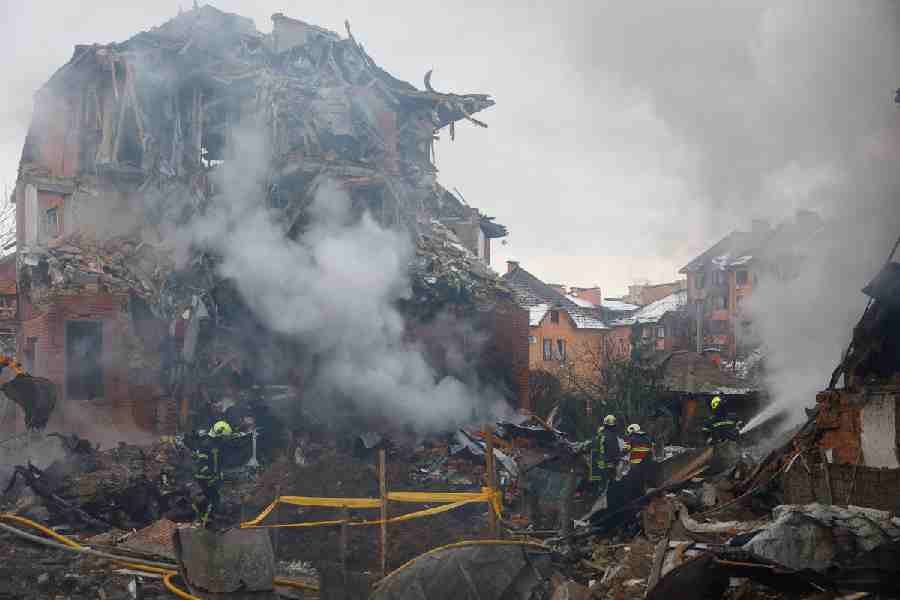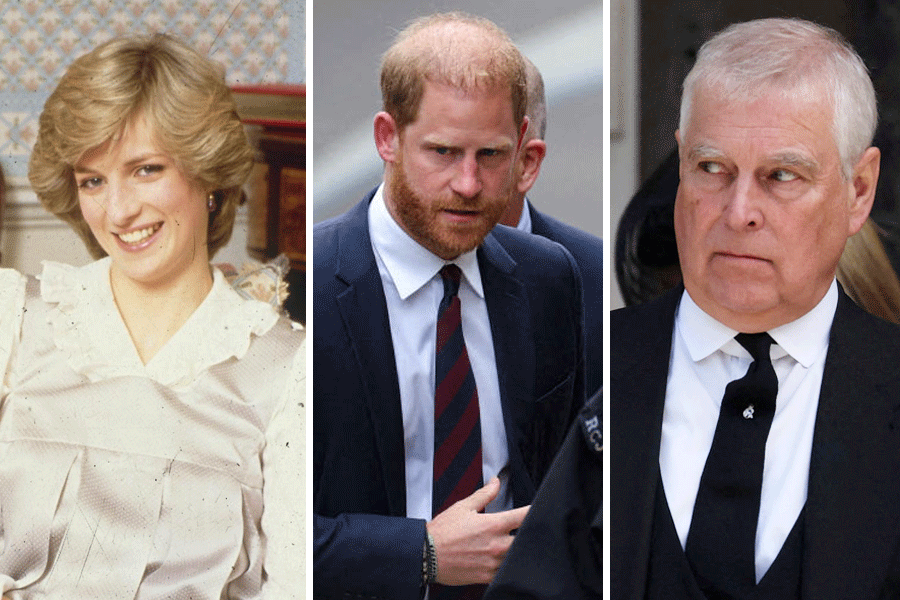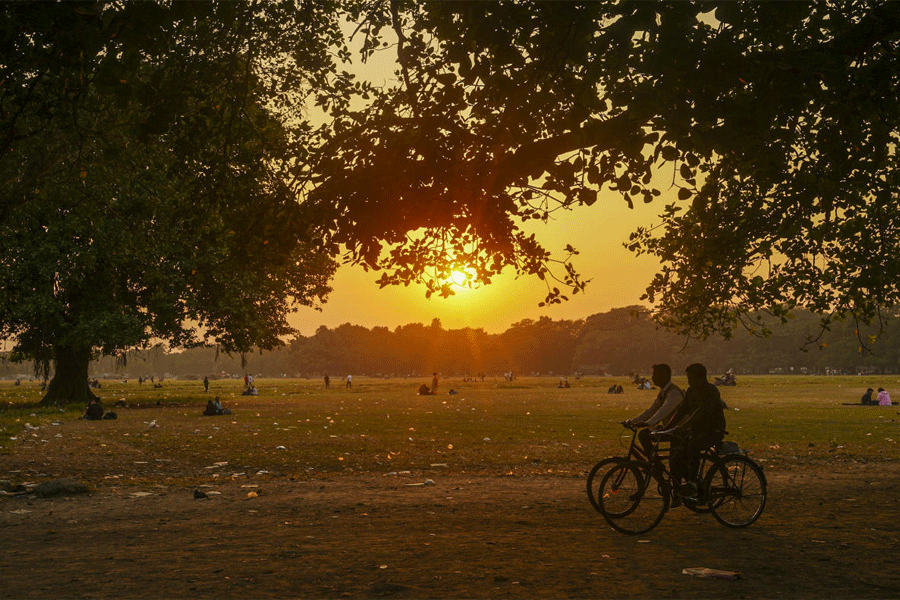The Editors Guild of India on Saturday asked Jammu and Kashmir police to withdraw its advisory forbidding live coverage of gunfights and protests, saying it was “draconian and undemocratic.”
The guild said such an advisory enabled the security forces escape any kind of media scrutiny about the flow of events behind the violence, echoing the journalist associations in the Valley who had claimed that the move was aimed at stopping them from reporting facts.
Kashmir inspector-general of police Vijay Kumar had recently directed senior superintendents of police to take legal action if mediapersons went near encounter sites or “law and order” situations.
The IGP cautioned against the coverage of operational content that had the “potential to incite violence” or was against the “maintenance of law and order or which promotes anti-national sentiment”.
“Nothing can be further from the truth. Visibly, the police is giving an impression of trying to maintain peace by attempting to control the fallout of violence in a high strung environment, but what is being instead done is an attempt by the security forces to escape from any kind of media scrutiny about the flow of events behind the violence,” the guild said in a statement.
The guild statement said live reporting from conflict areas, including gunfights between government forces and militants, was one of the most important journalistic duties of any responsible media and required “extreme grit and determination on the part of reporters”.
“At best, there may be some guidelines that can be issued with respect to reporting from such scenes, with the aim of protecting the integrity of tactics and plans of security agencies, as well as to avoid journalists from interfering with the evolving situation and from sensationalising the issue that can stir up emotions at audience’s end. Globally those have been the norms adopted by responsible governments,” it said.
“The advisory of Kashmir Police is draconian and undemocratic, and flies in the face of the stellar role journalists have played in reporting conflict in the country.”
Therefore the advisory must be withdrawn immediately.”
Kashmiri journalists are up in arms against the advisory and have asked police to withdraw it.
The media bodies in Kashmir have reacted sharply to the advisory.
A joint statement by 12 media bodies in the Valley last week said journalists in Kashmir worked under precarious circumstances and had upheld courageous and upright journalism.
“The advisory was a coercive tactic to preclude on-the-spot reporting,” it said. “If this is a part of the official policy of police then it appears to be a tactic to coerce journalists into not reporting facts on the ground.”
The journalist bodies claimed the directive seemed to be a part of the “string of measures taken by the authorities to suppress freedom of press in the region”.
“Summoning journalists to police stations, filing FIRs and seeking informal explanations for their work has intensified in the past two years,” it said.
The directive came at a time the Valley had been witnessing a surge in stone-pelting incidents that had left the administration red-faced as the government had for months claimed it had succeeded in restoring normalcy after the scrapping of Article 370 in 2019.
The government seems to be a looking for a scapegoat to divert the attention from its own failures.



